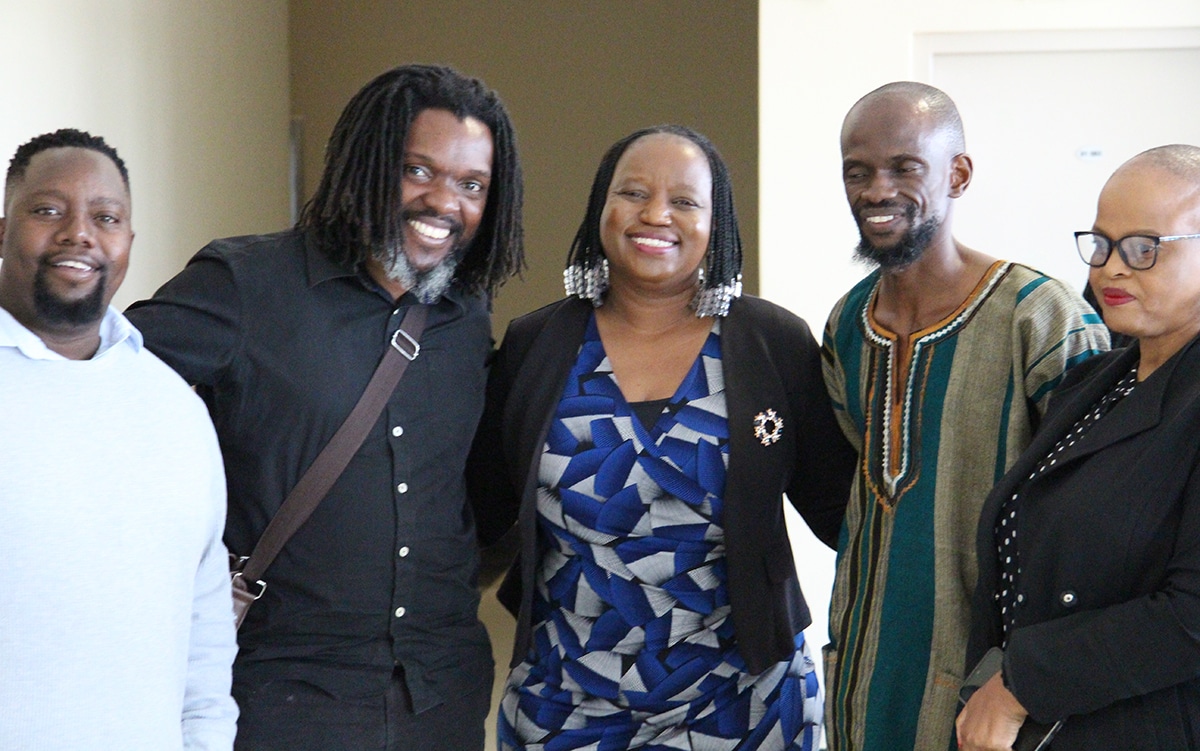A fiery courtroom showdown unfolded on Monday as legal teams for Shombie Ellis, the ousted CEO of the National Arts Council of Botswana (NACB), clashed with representatives from the Council and former Minister of Sports, Arts, and Culture, Tumiso Rakgare. The case centers around Ellis’s dismissal on October 24, 2024, which she claims was in retaliation for exposing a suspicious P260,000 transaction allegedly authorized by NACB officials to a nonexistent entity.
In her affidavit, Ellis contends that her questioning of the questionable payment led to her being accused of insubordination and unruly behavior, eventually resulting in her suspension and dismissal. The controversy has drawn significant attention, with Ellis’s legal team arguing that the dismissal was unlawful and aimed at punishing her for uncovering what she claims is the misuse of public funds by NACB insiders.
Ellis’s lawyer, Samuel Plaatjie, asked the court to issue an interim interdict to prevent the dismissal from being enforced, stressing the urgency of the matter. Plaatjie argued that if the unlawful dismissal were allowed to stand, it would result in “irreparable financial and reputational harm” to his client. He further emphasized that the case required immediate attention due to its implications on Ellis’s career and personal well-being.
However, the Council’s legal representative, Mboki Chilisa, countered Plaatjie’s arguments, stating that Ellis’s case lacked urgency since the dismissal had already been enforced. Chilisa also noted that Ellis’s request for reinstatement was complicated by her own acknowledgment of “irreconcilable differences” with the NACB. Additionally, Chilisa raised concerns about the absence of the Attorney General (AG) in the case, arguing that the AG’s involvement is necessary in matters involving government-linked entities.
The case took a surprising turn when Justice Tshepho Motswagole questioned the role of the AG in representing state-owned enterprises. This prompted a heated debate between the opposing legal teams. While Plaatjie argued that the AG’s mandate should not automatically extend to all government-linked bodies, Chilisa maintained that the AG’s office is the principal legal advisor for all state entities, including the NACB.
In an unexpected move, Chilisa also emphasized that Tumiso Rakgare, who no longer holds the position of Minister of Sports, Arts, and Culture, should not bear responsibility for the actions of his former ministry. This added to the complexity of the case and left Justice Motswagole contemplating the AG’s role in such matters.
With both sides firmly entrenched in their positions, the court session ended with Justice Motswagole reserving his decision. The judge is expected to deliver his ruling on Wednesday morning, which will have significant implications for both Ellis’s future and the ongoing scrutiny of the NACB’s financial dealings. The outcome of this legal battle is highly anticipated, as it could set a precedent for the handling of government-related disputes in Botswana.










